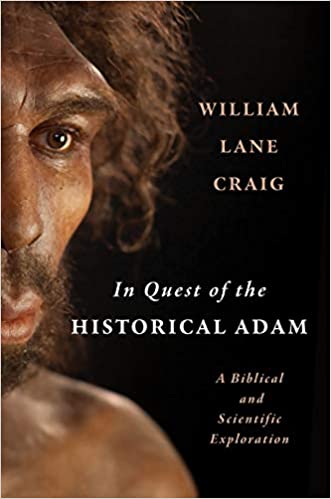Q. Let’s deal with the issue of the social ethos of the stories in Gen. 2-3. They seem to speak of a time when: 1) there was agriculture, and 2) animal sacrifice. As for the former, the anthropologists are pretty clear that cultivation of crops does not pre-date about 10,000 B.C. or so (i.e. a post hunter-gatherer period) nor do the genealogies in Genesis suggest some sort of date from hoary antiquity like the one you pick for Adam— namely hundreds of thousands of year B.C. So why the necessity to connect Adam with all these pre-humans, hominids, and human like beings that may have come before him? As Joshua Swamidass has said to me, it isn’t necessary. Adam could quite easily date to a much more recent date B.C. than you pick. Comments?
A. The requirement to locate Adam in the deep past does not spring from the biblical narrative, which, given its mytho-historical nature, leaves the date open, but from the scientific evidence that human beings have existed for hundreds of thousands of years on this planet. It would be unscientific as well as morally unconscionable to dehumanize these ancient people, given that they were our equals in terms of modern cognitive behaviors.
[N.B. From BW3. I disagree with this. What distinguishes humans is not intelligence. It’s being in the image of God, and having a capacity for relationship with God, other creatures on earth don’t have. There is no evidence of religion, temples high places etc. before about 10,000 B.C. at Gobeckli Tepe in Turkey}












